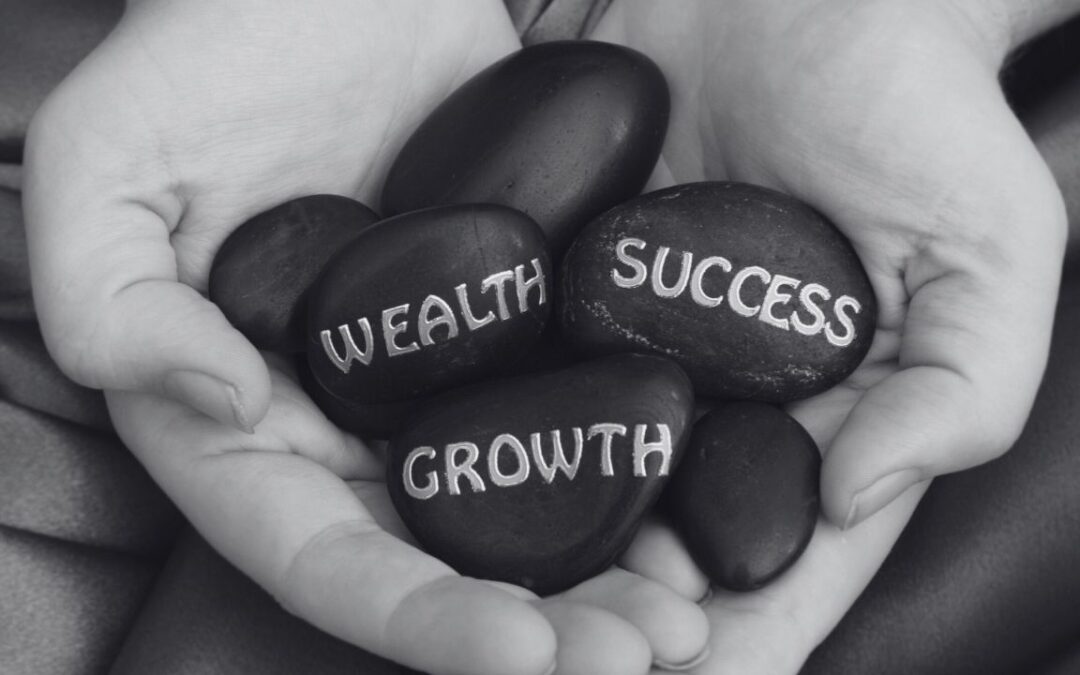Have you ever considered how much money you and your family pay to the banks every year? What would your family’s finances look like if you kept that money within the family?
Discover how Ron, Jean, and Patric have transformed their finances and family life by setting up a family bank under the guidance of George Antone and the Fynanc team.
How do banks actually work?
Banks perform various functions, but some of their most basic functions include accepting deposits from customers and lending to borrowers.
Here are some of the key functions of banks:
1. Deposits:
Banks accept deposits from customers, such as individuals, businesses, and governments. Deposits can take the form of savings accounts, checking accounts, and other types of accounts.
2. Loans:
Banks make loans to individuals and businesses. Loans can be used to buy assets such as real estate, vehicles or a business, or they can be used to cover a gap when you don’t have enough cash on hand to cover your expenses.
3. Investments:
Banks invest available funds in various assets, such as stocks, bonds, and real estate, many of which are growth or income-generating assets, to create passive income streams for the bank.
Banks make profits primarily by charging interest on loans and by earning income from their investments. Banks typically charge higher interest rates on loans than they pay on deposits, allowing them to earn a spread or margin. They also charge fees for various services, such as account maintenance, overdrafts, and wire transfers. Additionally, banks can make profits by investing their own funds in various assets, such as stocks, bonds, and real estate, which generate income through dividends, interest, and rent.
There is little debate about the fact that banking is a very profitable business. The question is, how can you, as a private individual, implement the same strategies to build your personal wealth?
Fortunately, there is a range of strategies and technologies taught by George Antone and the Fynanc team, that allow individuals to employ the same strategies as the bank, one of which is to start a family bank.
What is a family bank?
The basic concept of a family bank is to set up a financial system that replaces some of the services that a bank would provide for a closed family group. A closed family group can constitute any kind of family across generations. You can include anybody that you consider a part of your family group, regardless of legal status.
You would need to have founding members who would put up a sum of money to serve as the bank’s capital. Members of the family bank can apply for loans from the family bank, which are repayable with interest over a fixed term.
The members of a family bank are encouraged to have formal meetings to discuss the bank’s financial status and outstanding loans and consider new loan applications. Over time, the initial capital put up by the founders of the bank will start to grow to allow for more investment opportunities and larger loan agreements. In time your family can start to invest in growth and income-generating assets that benefit all of the family bank members.
What are the benefits of having a family bank?
There are a number of benefits to establishing a family bank, many of which are highlighted by Ron, Jean, and Patric’s first-hand experience.
Financial benefits:
Keeping money in the family
When you apply for a loan from a financial service provider, all of the transaction fees and interest on that loan will benefit the bank. When you take a loan from your family bank, the interest on your loan will directly benefit all members of the family bank.
Internal vs external debt
When you approach a financial institution for a loan, they will assess your debt-to-income ratio to establish if you are a high or low risk lender. Every loan that you take – be that a mortgage, credit card, vehicle finance, or student loan – is captured on a centralized database, affecting your credit score.
When you are starting out on your financial journey, your debt-to-income ratio may not be very favorable, limiting your ability to get a line of credit. This will, in turn, limit your ability to purchase the assets needed to improve your debt-to-income ratio down the line. If you take a line of credit from the family bank, it is internal debt, and will not show up and, therefore, will not negatively affect your credit score.
Building personal wealth
The family bank is designed to work in the best interests of the family members. While banks provide essential financial services for millions of Americans, they are by their very nature designed to serve the best interests of the shareholders of the bank, not the clients. By establishing a family bank, you can design repayment terms that support each member’s financial growth, taking into account their changing needs and circumstances without applying debilitating penalties.
Educational benefits
“One of the most important gifts that you can give your children from an early age is a financial education that equips them to avoid the mistakes that you and your parents might have made.”
– George Antone
If one looks at the majority of successful family businesses, the founding generation will put in all of the work to turn a start-up into a successful enterprise. However, three generations down the line, the business is often in ruins or ends up being sold to outside corporations. The reason for this, according to George Antone, is a lack of skills transfer between generations.
Establishing a family bank provides the perfect platform for younger members of your family to learn how to manage their money and make smart investment decisions from a young age but within the safety of a family group that only has the child’s best interests at heart.
Building your family through the bank
One of the cornerstones of healthy family life is open communication and trust between family members. As pointed out by Ron in his discussion about his family’s bank, money is something that can be difficult to talk about, especially between family members. However, not discussing financial stress, especially during trying times, can lead to a breakdown in relationships, high levels of conflict and negative outcomes for all members of a family group.
As pointed out by Ron and his family, the greatest benefit that they have received from their family bank cannot be measured in monetary terms.
“Having the family bank and introducing conversations about money where it becomes part of our conversations at all levels is dramatically different. It’s an emotional advantage to be able to sit down and have those conversations all the time, and learning about structuring loans and the movement of money has changed how we communicate as a family on every level. It’s a game changer”
– Ron
“What you create in your family bank meeting is the space for your family to communicate. It creates a safe space for your family members to connect and have conversations that are real to support one another. None of this would have been possible without our family bank.”
– Jean
If you would like to discover how to start YOUR family bank,







